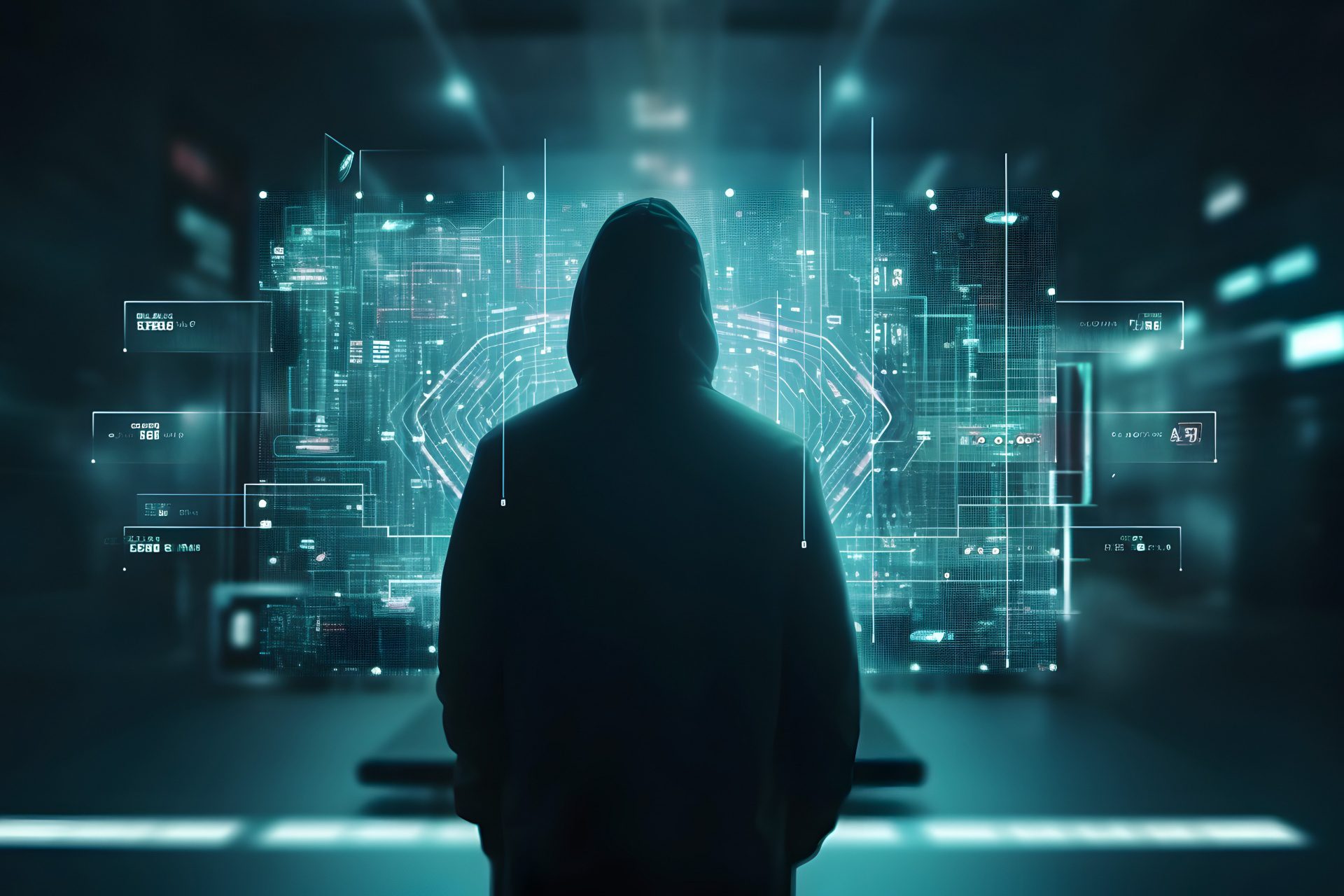How does AI impact cyber security?
Artificial Intelligence is affecting cyber security. It significantly changed our society, enabling people to accelerate and improve the quality of information management, decision making, as well as data analytics due to the development of effective AI applications able to process and support basically any kind of human activities. This is quite clear considering the broad range of opportunities coming from digital transformation of industries, such as:
- manufacturing and logistics, experimenting AI solutions to enforce their efficiency, accuracy and reliability;
- healthcare, where AI supports medical professionals making more accurate and timely diagnoses in order of saving lives;
- mobility, designing advanced traffic management systems and autonomous smart vehicles;
- customer care, supporting people and solving their problems 24/7 through chatbot applications.
The positive impact of AI is certainly undeniable for these sectors and even in much more different situations: an example is given by ChatGPT, the worldwide famous Generative Artificial Intelligence tool able to effectively simulate a conversation with another human being. But how does AI impact a delicate field like cybersecurity? This question is key to understand if and how Artificial Intelligence can run very technical activities such as threat detection and cyber attack prevention.
The most recent AI algorithms can provide greater support in cybersecurity than before, as they have been trained and experienced to quickly check large volumes of data and detect anomalies more accurately, with best responsiveness in case of IT incidents.
For what concerns AI in cybersecurity, the main technological factors in play are surely machine learning (ML), deep learning (DL) and Internet of things (IoT): all these technologies play key roles in detecting more sophisticated sneaky attacks that would otherwise be difficult to notice and identify. It’s not only a case that the whole cybersecurity landscape is getting even more challenging as cyber criminals are learning how to leverage complex technological methods to attack IT systems: that’s why now organizations need to enforce their defensive strategies, indeed AI can be the newest powerful support for early detection, effective prevention and/or prompt reaction to any attempt of incursion and any malicious actions.
AI and cyber security: data and stats to understand the matter
Let’s check out some data and stats to best understand the AI and cyber security matter through numbers. We’re taking into account several researches. Firstly, according to Markets and Markets, the AI cybersecurity market size is valued $22,4 billion in 2023 and expectations in five years, for 2028, tell that it’s gonna be valued more than $60 billion growing at a compound annual growth rate (CAGR) of almost 22%.
Another study conducted by IBM observed that organizations benefited from the extensive use of AI automation in cybersecurity processes with important financial savings for what regards data breaches, around $1,8 billion; furthermore, AI seems to have accelerated time for identification and control of threats by 100 days, on average. However, the same research found that only 28% of companies use AI extensively in cybersecurity on a daily basis, so most of them (72%) haven’t still deployed AI enough to test and analyze its significant benefits in this delicate field.
On the other hand, other surveys explore the topic from its baddest side. Cybersecurity Ventures posted some expectations for what concerns cyber crime within the next few years (2025-2031): global damage is going to hit $10.5 trillion, specifically ransomware costs could exceed $265 billion while crypto crime will cost $30 billion; more interesting data refer to cyber insurance market, predicted to be valued around $15 billion annually, and global cybersecurity spending review, appraised to exceed $1,75 trillion.
The research of Beyond Identity, instead, shows the potential risk of AI for cybersecurity, as most specialists (75%) confirm that the use of AI in cyber attacks is increasing, especially through the use of automatic generative tools; in fact, Darktrace observed that between January and February 2023, “novel social engineering” attacks via scam emails based on ChatGPT increased by 135%.
Therefore, it’s obvious that the need for advanced security measures is increasingly becoming a must to avoid data compromise and loss of sensitive information. Cybersecurity solutions based on Artificial Intelligence can offer an effective answer to the growing need for security as they can detect threats, provide real-time automatic responses and counter malicious attacks more efficiently than any manual intervention.
How AI favors cyber security: 3 advantages
To better understand the potential of AI applied to cybersecurity, let’s check the best ways and advantages that make this technology a valid support to contribute preventing and tackling cyber attacks:
- real time threat detection and response, reducing reaction times and preventing negative consequences of any malicious actions, monitoring networks, endpoints and other devices to identify anomalies, behavioral patterns and compromise indicators that otherwise would be hard to detect; it also automates threat response processes, such as isolating infected devices and blocking malicious traffic;
- risk management, analyzing large amounts of data and recognizing unusual activities in real-time, using AI algorithms trained to identify and predict threats and help organizations make accurate decisions by uncovering trends and patterns that may not be visible to human analysts, providing security teams with more complete information to improve defensive strategies;
- regulatory compliance, as businesses must always comply with specific security guidelines and standards, such as GDPR, thus AI helps to automate compliance procedures and processes.
Therefore, AI is a highly valuable technology that helps companies to effectively counter cyber attacks, prevent and/or mitigate data and information security risks. The correct implementation of Artificial Intelligence within organizations also allows to reduce costs, optimize performance and maintain higher IT security levels.








